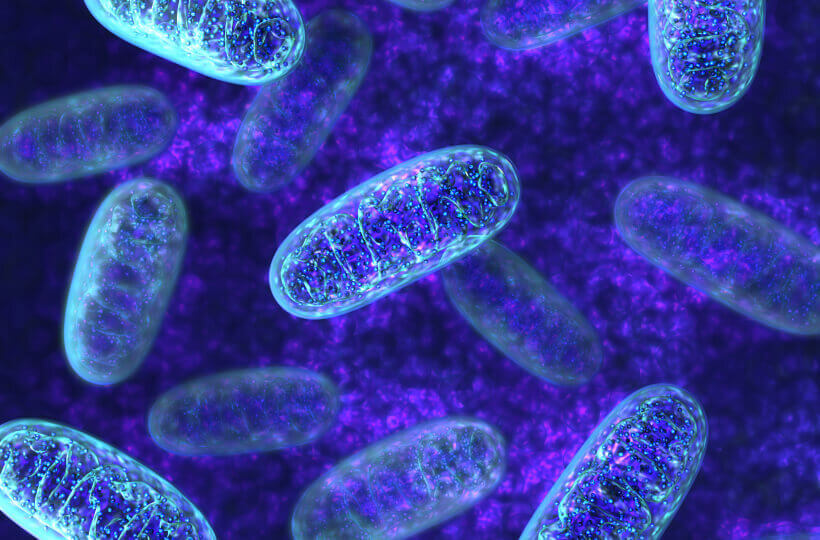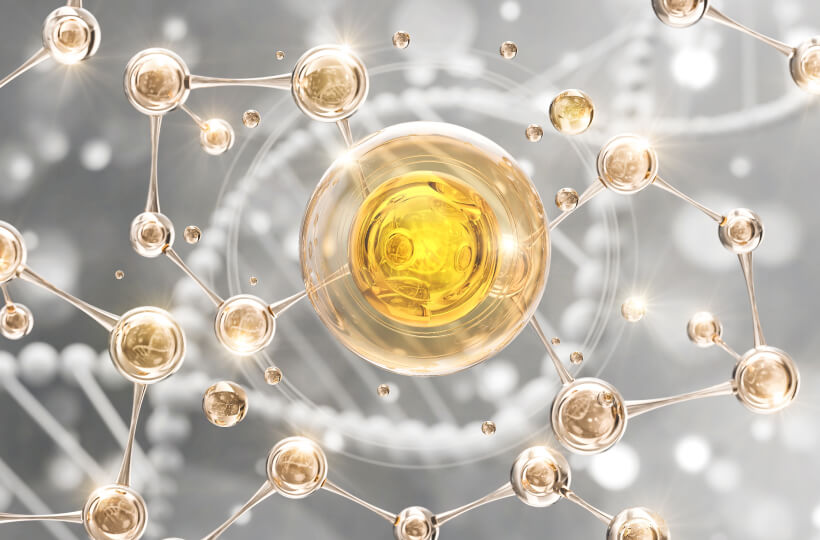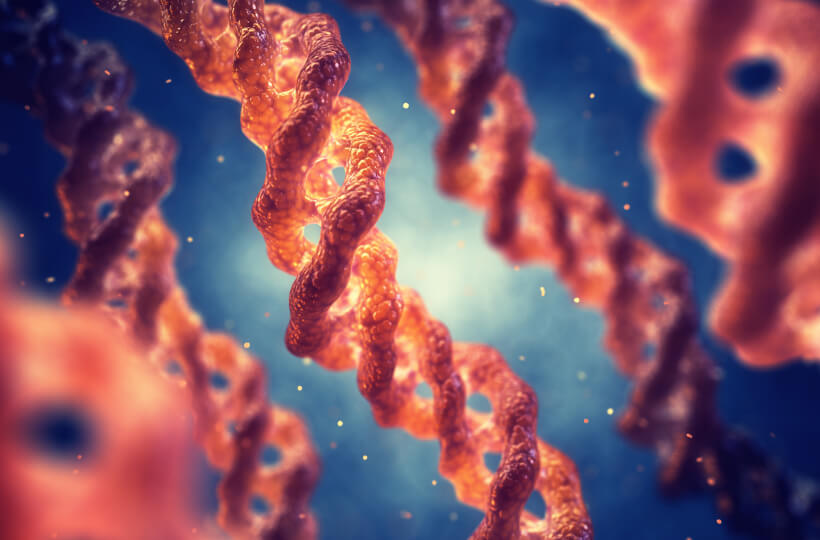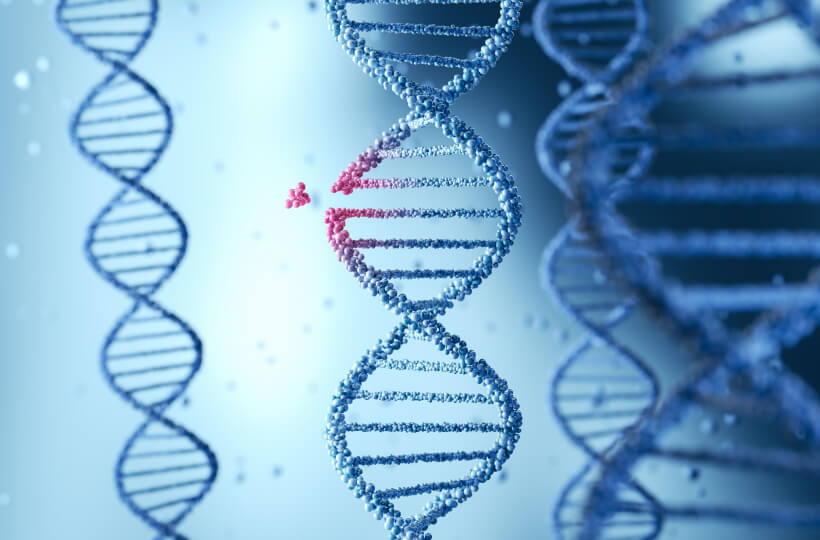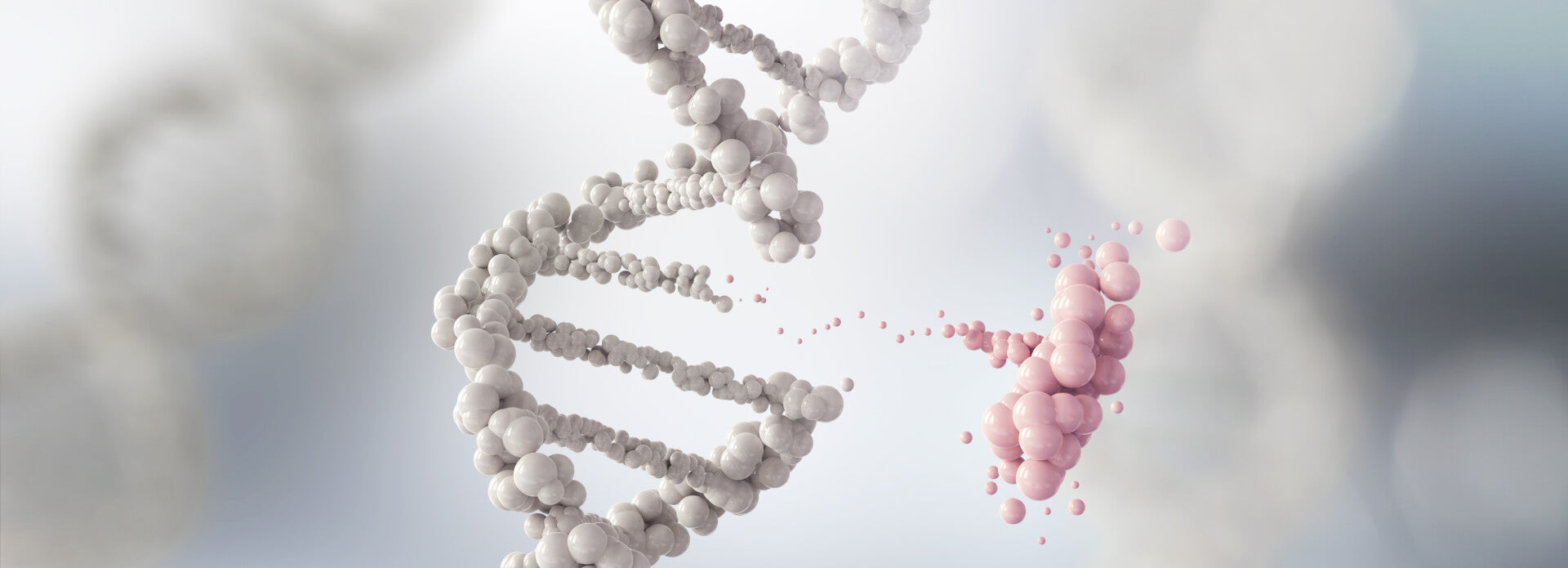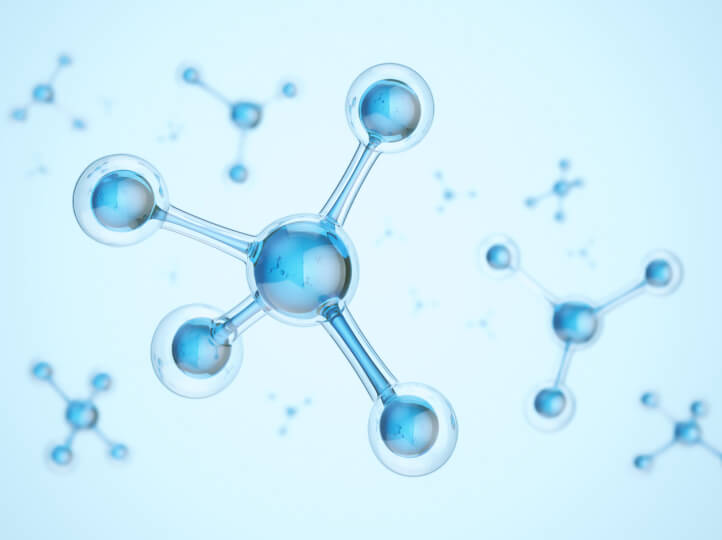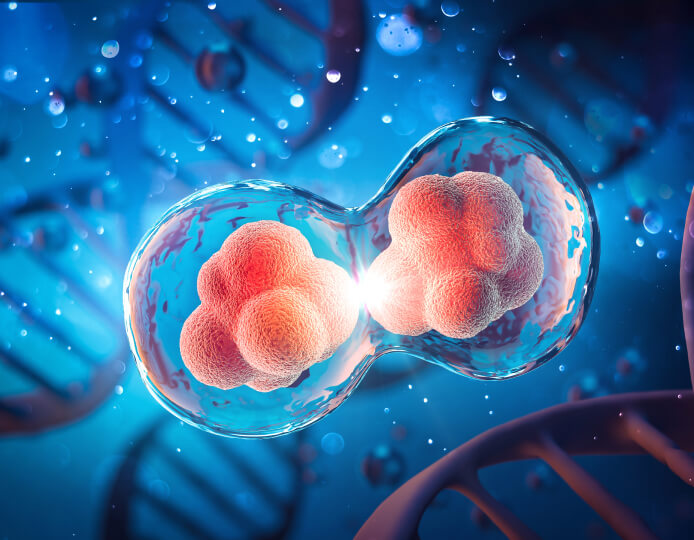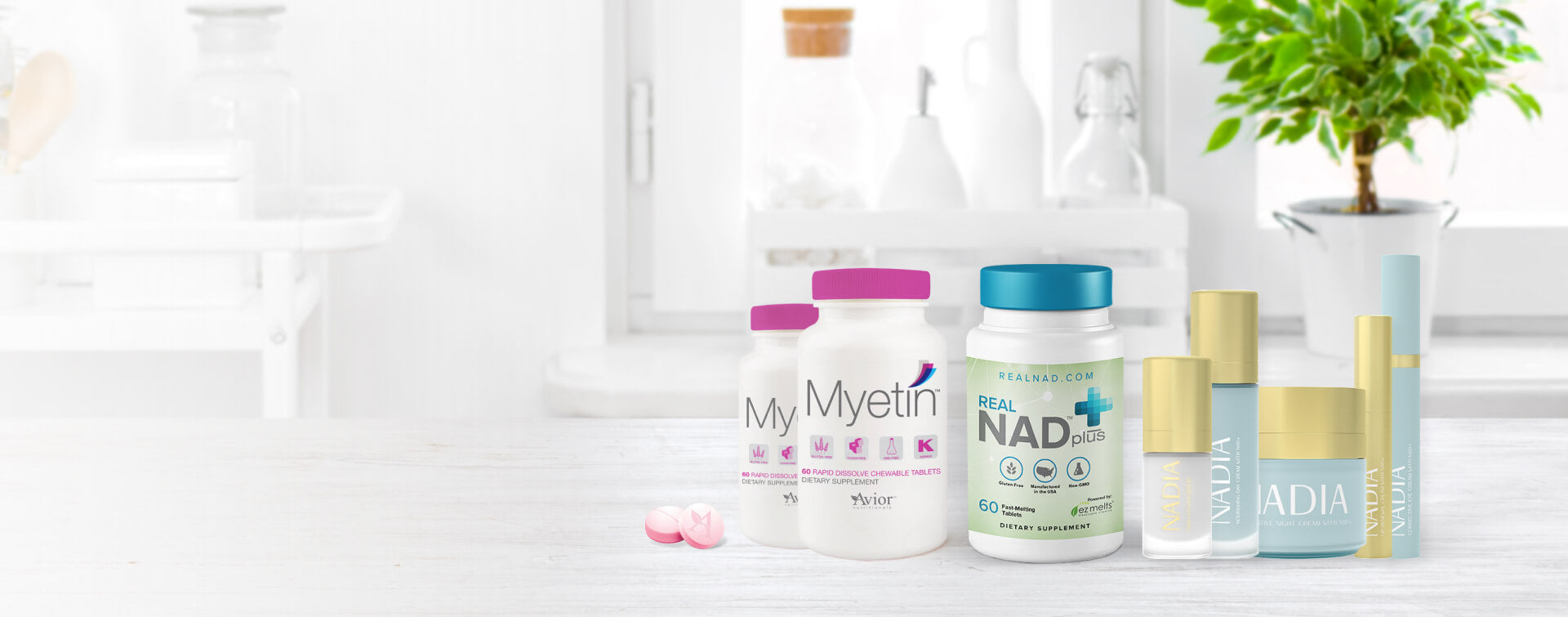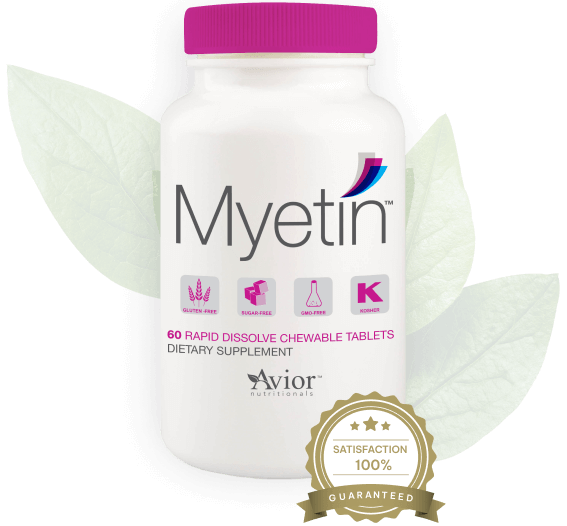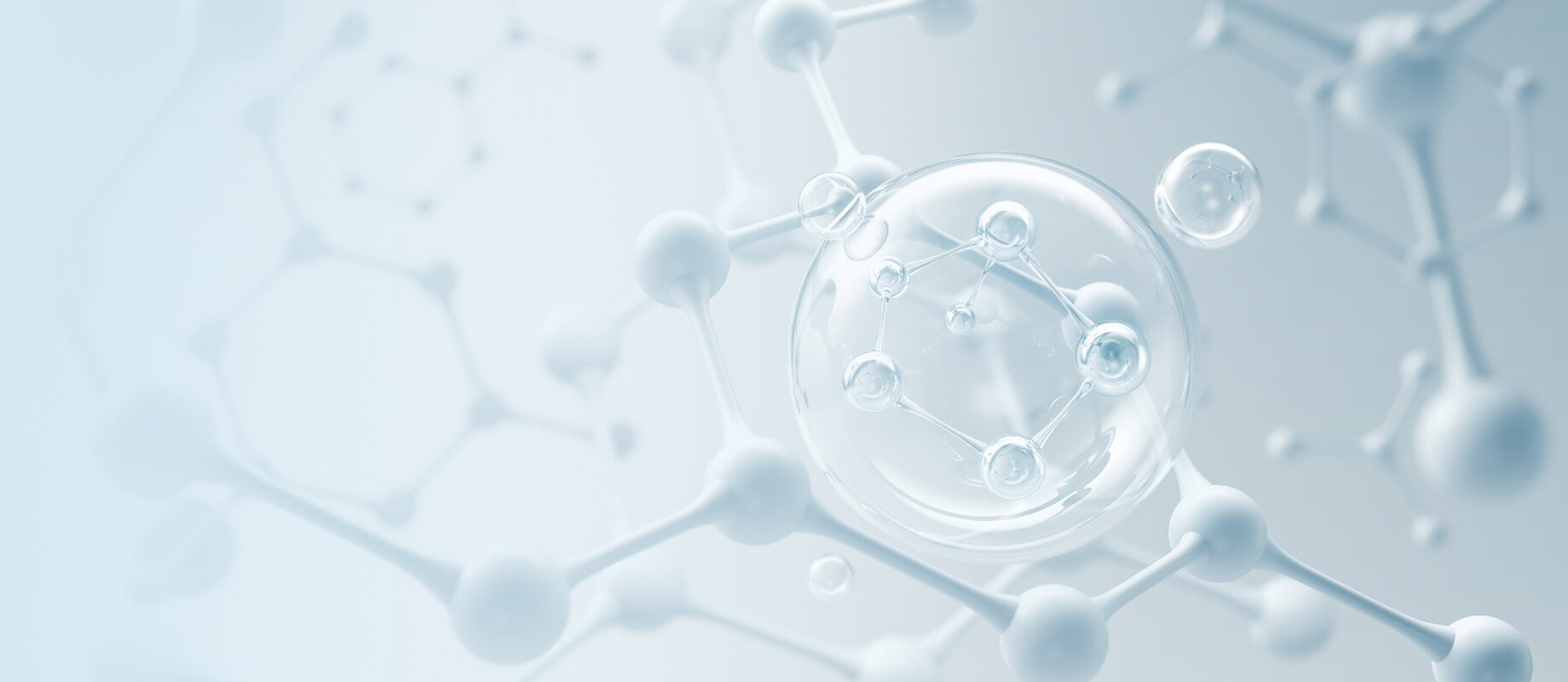ACNEM Journal Regarding NAD+
According to an ACNEM Journal article on NAD+, the depletion of NAD+ occurs when there is excessive DNA damage due to free radicals, and when the body experiences a chronic increase in immune activation and inflammatory production. Although aging is an unavoidable biological progression, and a reduction in NAD+ is one result of aging, it is postulated by scientists that when the body experiences a reduction in antioxidant capacity, damage to DNA can result, in turn leading to dysfunction of tissues and even cell death—and that NAD+ can help turn those damages around.
